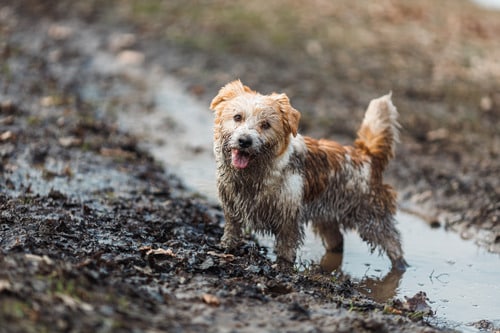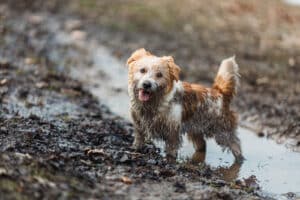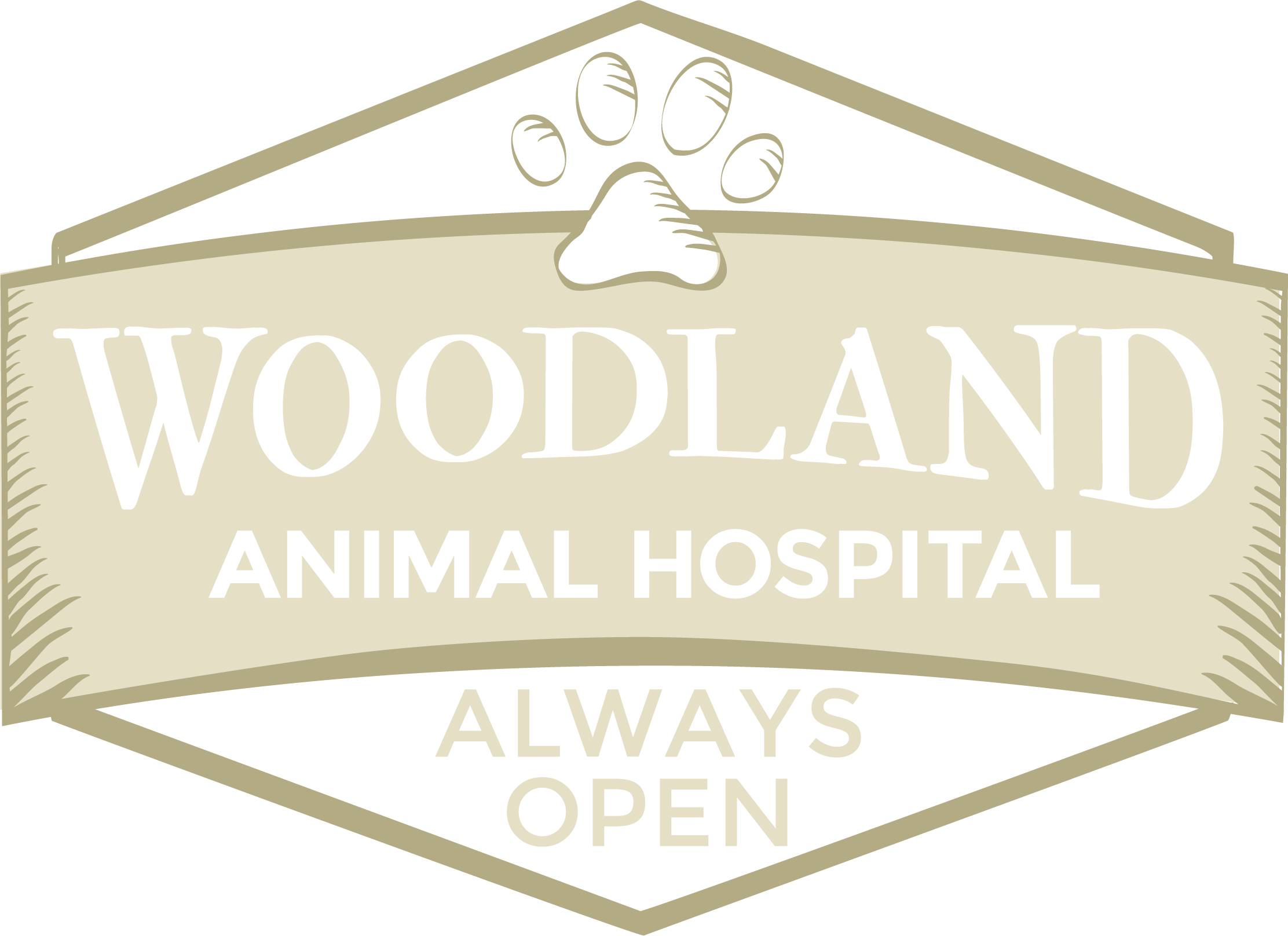Have you ever caught your canine companion munching on dirt in the backyard and wondered, “Why do dogs eat dirt?” It’s a common behavior that can leave pet owners puzzled and concerned. While it may seem odd to us, there are several reasons why dogs engage in this behavior. In this article, we’ll discuss the possible explanations behind this curious habit and explore what it might mean for your furry friend’s health. Understanding why dogs eat dirt can help you address any underlying issues and ensure your pet’s well-being.
Nutritional Deficiencies
One possible reason why dogs eat dirt is due to nutritional deficiencies. Just like humans, dogs require a balanced diet to stay healthy. If their diet lacks essential nutrients such as minerals or vitamins, they may try to compensate by seeking out alternative sources. In some cases, dogs may instinctively turn to dirt as a way to fulfill their nutritional needs. This behavior is more common in puppies, whose bodies are still developing and may have increased nutrient requirements.
Minerals and Nutrient Seeking Behavior
Dogs have a remarkable ability to detect mineral deficiencies in their diet. When they lack certain minerals like iron or zinc, they may instinctively seek out these nutrients from unconventional sources, including soil. This behavior, known as pica, is a form of self-medication where dogs try to correct imbalances in their bodies. If your dog is consistently eating dirt, it’s essential to consult with your veterinarian to determine if there are any underlying nutritional deficiencies that need to be addressed through dietary changes or supplements.
Boredom or Anxiety
Another possible explanation for why dogs eat dirt is boredom or anxiety. Dogs are naturally curious and active animals, and when they don’t have enough mental or physical stimulation, they may engage in behaviors that seem unusual to us, such as dirt-eating. Additionally, dogs may eat dirt as a way to self-soothe when they’re feeling anxious or stressed. This behavior can become a habit if not addressed promptly.
Behavioral Issues
Dogs may develop behavioral issues such as compulsive disorders or anxiety-related behaviors that manifest in dirt-eating. If your dog exhibits other signs of stress or anxiety, such as pacing, excessive barking, or destructive behavior, it’s essential to address these underlying issues with the help of a professional trainer or behaviorist. Providing your dog with plenty of mental and physical enrichment can also help reduce boredom and prevent them from resorting to dirt-eating as a form of entertainment or comfort.
Medical Conditions
In some cases, dogs may eat dirt due to underlying medical conditions. Gastrointestinal issues such as upset stomach, gastric reflux, or intestinal parasites can cause dogs to seek out dirt as a way to alleviate discomfort or nausea. Additionally, certain medical conditions, such as anemia or malabsorption disorders, can lead to cravings for non-food items like dirt.
Gastrointestinal Disorders
If your dog’s dirt-eating behavior is accompanied by other symptoms such as vomiting, diarrhea, or weight loss, it’s crucial to have them evaluated by a veterinarian. Gastrointestinal disorders can have serious implications for your dog’s health and may require medical treatment. Your veterinarian may recommend diagnostic tests such as bloodwork, fecal analysis, or imaging studies to determine the underlying cause of your dog’s symptoms and develop an appropriate treatment plan.
Environmental Factors
Finally, environmental factors may also play a role in why dogs eat dirt. For outdoor dogs, exposure to various smells, tastes, and textures in the environment can pique their curiosity and lead them to explore and ingest unfamiliar substances like dirt. Additionally, certain landscaping materials or fertilizers used in yards may attract dogs to eat dirt due to their scent or taste.
Soil Contaminants
It’s essential to be mindful of potential soil contaminants that could be harmful to your dog’s health. Pesticides, herbicides, and other chemicals commonly used in gardens or lawns can pose a risk if ingested. Additionally, contaminated soil may contain bacteria, parasites, or toxins that could make your dog sick. To minimize the risk, consider using pet-safe landscaping materials and regularly inspect your yard for any potential hazards.
Monitoring Your Dog’s Behavior
There are several reasons why dogs eat dirt, ranging from nutritional deficiencies to behavioral issues or underlying medical conditions. If your dog exhibits this behavior regularly, it’s essential to consult with your veterinarian to rule out any potential health problems and address any underlying issues. By understanding why dogs eat dirt and taking appropriate measures to address the root cause, you can help ensure your furry friend stays happy and healthy. For expert veterinary care in Locust Grove, GA, contact Woodland Animal Hospital at (770) 467-3140 or request an appointment online.





